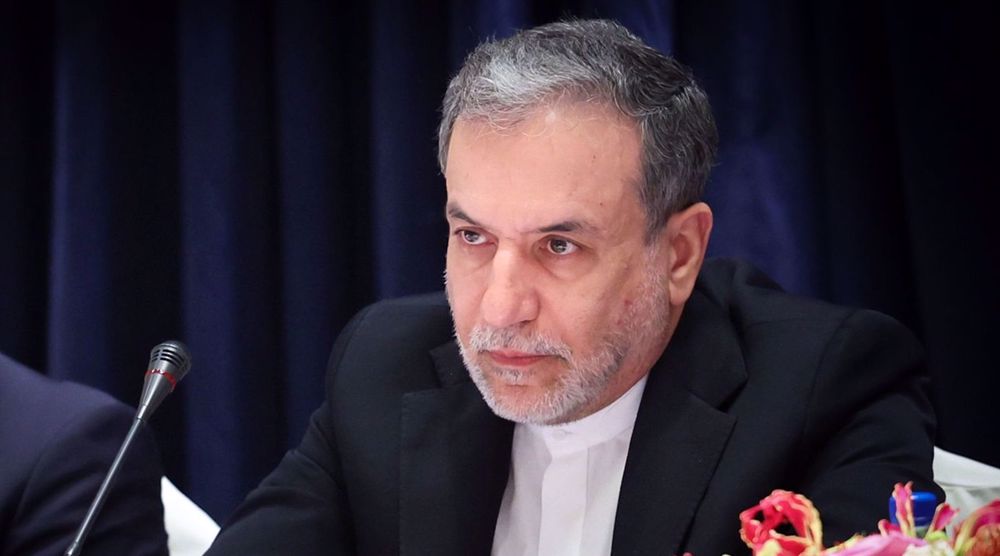ALWAGHT- Iranian Foreign Minister Abbas Araghchi stated that reaching an agreement on the so-called snapback mechanism in New York was impossible due to the United States’ excessive demands, supported by European nations.
Iranian Foreign Minister Abbas Araghchi, speaking before departing New York, reviewed his diplomatic efforts, including talks aimed at preventing the reimposition of UN sanctions, participation in the UN General Assembly, and meetings on the sidelines. He criticized Western powers for demanding “unreasonable and unachievable concessions,” while stressing that Iran had put forward “completely reasonable” proposals, which even Europeans admitted were fair.
The UN Security Council failed to pass two resolutions in September: one to block the activation of the snapback mechanism and another to extend the JCPOA and Resolution 2231. Araghchi said attempts to bridge differences collapsed because of Washington’s excessive demands, backed by European states. He revealed that Iran exchanged messages with the US, directly and indirectly, but negotiations ended without a settlement.
The minister emphasized that Iran’s diplomatic push demonstrated its consistent foreign policy, affirming Tehran’s readiness to take any action necessary to defend its interests. He linked the failed outcome to the long-standing position of Ayatollah Seyyed Ali Khamenei, who has maintained that talks with the US are at a deadlock. Ayatollah Khamenei recently reiterated that no nation of honor should accept negotiations under threats.
Addressing the economic impact, Araghchi argued that the revived UN sanctions would add little beyond existing US measures, though they could carry political and strategic consequences. He concluded that future decisions regarding sanctions and cooperation with the IAEA will be determined by Iran’s Supreme National Security Council, strictly in line with national interests.



























